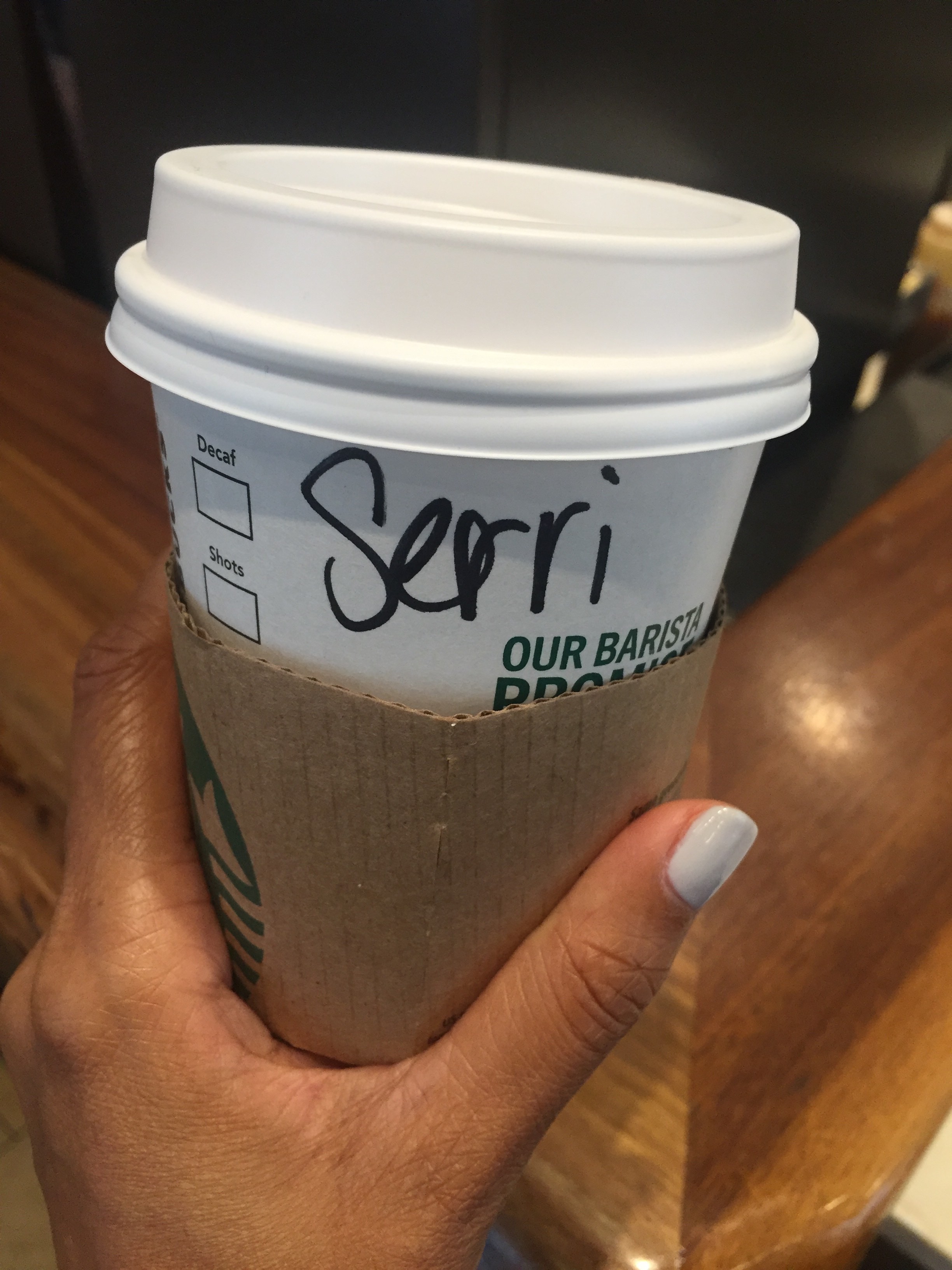“Siri, set my alarm for seven in the morning,” said my friend Keith as we walked home after a night out.
“Why would I set your alarm?” I shrugged. “Set it yourself.”
He looked up from his phone and laughed.
“Siri, set my alarm for seven,” he repeated into his phone. A quick beep answered.
That was in October 2011, days after Apple launched the iPhone 4S, fully equipped with a more powerful camera, iCloud and an artificially intelligent personal assistant named Siri™.
Just like that, Silicon Valley marketers had stolen my name.
“What’s the weather tomorrow?” “How many marbles can fit in the skull of a whale?” “Has Angelina Jolie had any work done?” These are real questions people have asked within two minutes of meeting me in the years since.
I’ve become slow to respond to my name in public spaces for fear I’ll turn and smile at a stranger scowling into their phone. In protest, I’ve never once used the feature and forbid my parents from using it on their iPhones.
“Great minds think alike,” my dad said when Apple announced the new product. He’s not one to pass up a comparison with Steve Jobs.
But I can’t blame them — how were they to predict my name’s impending fame?
When my parents chose to name me after my grandmother Subhalakshmi, they consulted the few other Indian families in Rockford, Ill., who advised a more simple name to “help the Americans.” They landed on the name Siri, which is a pseudonym for Lakshmi, the Hindu goddess of wealth and prosperity.
My name was perfect: Cute, simple, mine.
But Siri™’s ubiquitous influence has transformed what used to belong to me into a brand associated with service, even if it also comes with a corporate-approved dollop of sass and wit. When I am introduced, the only association most people make is to their iPhones. Pop culture offers no release. Tina Fey’s “30 Rock” had a character named Cerie; Tom Cruise and Katie Holmes called their daughter Suri; but with more than 70 million iPhones sold every three months, you don’t have to ask an artificially intelligent assistant for help to know which name most people think of first.
“OMG, Siri like the iPhone,” should be engraved on my tombstone.
A new acquaintance’s ability to resist a dumb joke upon meeting me is a barometer to assess our future relationship. I watch as the idea occurs to them and wait to see if they let it out or not. Most fail this test, and I think to myself, smiling and nodding: I will never be friends with this person.
The worst people seize upon my name to air their grievances against Apple.
“They did a terrible job designing her! Why can’t she understand me?” strangers in my Uber carpool will ask me. I sympathize and play along, worried I’ll get a low rating from the driver if I get surly.
The impact has poured into my professional career as well. Editors have introduced me to new colleagues emphasizing how an abundance of knowledge naturally exists inside of me.
When I’m doing an interview, sources interrupt me to say, “Why are you asking me, I thought you had all the answers.”
Of course, it’s flattering to be considered a genius. But I worry colleagues will ask me to locate the cheapest parking garage.
Solace comes from little things: I no longer hear unusual pronunciations like “sye-rye,” a common mistake when I was growing up. Baristas no longer need to ask how to spell my name. Winning.
In South India, my name is in common use, but typically as a prefix for small businesses. Siri Jewels sells specialty pearls; Siri Tours & Travels shuttles people between cities. It’s considered to bring luck to superstitious business owners, and no one in India thinks to associate me, the human, with the brands. It is a novel name among women, though similar names like Shree or Sirisha are fairly common.
Apparently, though, it’s a common name in Norway. So common, in fact, that my Norwegian ex-boyfriend avoided making any Apple jokes the entire time we were together. But I was also the second Siri he’d dated.
Norway is to blame for all my troubles, really: When tech moguls Dag Kittlaus and Adam Cheyer, the founders of the company that developed Siri (which Apple later acquired), were naming their invention, the Norwegian Kittlaus reportedly chose the name in part for its Norse meaning: “beautiful woman who leads you to victory.”
Just last week, though, Kittlaus announced a newer, better version of Siri called Viv. Viv has a superior ability to process conversational queries, such as, “Will it be warmer than 70 degrees near the Golden Gate Bridge after 5 p.m. the day after tomorrow?”
If the new technology succeeds in replacing Siri one day, I can finally have my name back.
Vivians of the world, call me if you need a drink.
Published in conjunction with The Washington Post.

